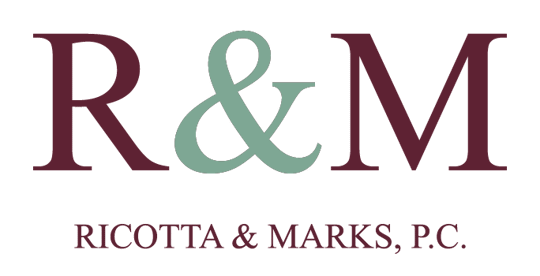A whistleblower is someone who reports his or her employer’s misconduct. The employee may work for a public government or a private enterprise and the disclosure could be to the public or those of authority regarding mismanagement, illegal behavior, corruption or some other wrongdoing. Whistleblowers are protected from retaliation by an employer under various laws, depending on the industry. For example, federal employees are generally covered under the Whistleblower Protection Enhancement Act (WEPA) while employees of corporations traded under the New York Stock Exchange (NYSE) are protected by the Sarbanes Oxley Act of 2002.
If you or someone you know is considering revealing information that may fall under a whistleblower protection law, contact a seasoned employment law attorney right away to ensure your rights are being protected.
Whistleblower Protection Laws
The Whistleblower Protection Enhancement Act of 2012 is a federal law that protects federal employees from retaliation when they disclose evidence of waste, fraud or abuse by their employer. If the employee has a reasonable basis to belief mismanagement, abuse of authority, a violation of a rule/law, or a substantial and specific danger is being posed to the public’s health or safety, he or she is protected under this act. The government is prohibited from taking – or threatening to take – any adverse action against an employee because of his or her disclosure. In order for the whistleblower to prevail in a claim, he or she must show that (1) the disclosure that was made was protected, (2) the accused official or government agent knew of the disclosure, (3) retaliation resulted, (4) and there was a genuine connection between the retaliation and the disclosure.
In addition to this federal protection, states have enacted whistleblower protection laws. These statutes, however, vary in protection from state to state. Additionally, some laws apply only to public employees while others cover both public and private employees. Still, other state laws protect public employees as well as employees of public contractors. One of the most hotly contested issues in whistleblower cases regards what constitutes protected activity.
In New York, the whistleblower protection statute only protects conduct that presents a substantial and specific danger to the public health and safety. If retaliated against, aggrieved employees may sue for back-pay and benefits. They may also be entitled to attorney’s fees and court costs.
Because some states’ laws have a very narrow definition while others define this more broadly, it is important to contact a skilled employment law attorney to learn about your rights and obligations under state and federal laws if you believe you may need to disclose information that falls under whistleblower protection laws.
Know Your Rights
Coming forward with controversial information can be scary, as disclosure often results in a dramatic life change that cannot be taken back. The knowledgeable employment law attorneys at Ricotta & Marks, P.C. focus their entire practice on employment law matters and provide services for clients from all industries, including the public and private sector, who reside or work in the greater New York area. Let these legal professionals be a trusted source of guidance in whatever employment law issue you may be facing. Contact us today and call (917) 540-8565 to schedule your initial and confidential case evaluation.
The post What is Whistleblowing? appeared first on Ricotta & Marks, P.C..

